Leaky Gut and Eczema
As defined by Cleveland Clinic, leaky gut syndrome is a theory that intestinal permeability is not only a symptom of gastrointestinal disease but an underlying cause of gastrointestinal disease that develops independently. If your intestinal barrier is impaired, it lets toxins into your bloodstream and can cause autoimmune issues. Yes, like eczema.
At this point in my life, gut health is everything to me. However, I was not always healthy and aware of my gut microbiome.
For a long time, I had poor eating habits, an eating disorder, poor gut health, and terrible eczema. All of these things were tightly connected. When I decided to try to heal my eczema naturally, I knew I had first to heal my leaky gut.
Gut Health for Natural Eczema Healing
Long story short, I learned all about fermenting vegetables and the microbiology of fermentation in my Junior year of college. That led me to learn more and more every day about the microbes involved in vegetable fermentation and how they impact gut health, which impacts all other areas of health, including skin and skin microbiome health.
A balanced microbiome can translate to clearer skin, a healthier weight, and healthier bowel movements.
A healthy microbiome is a key factor in preventing and controlling common ailments. Everything from allergies and eczema to anxiety, depression, cancer, and diabetes is all influenced by gut health. Basically, multitudes of research show that the microbiome should be factored into treatment plans for every ailment.
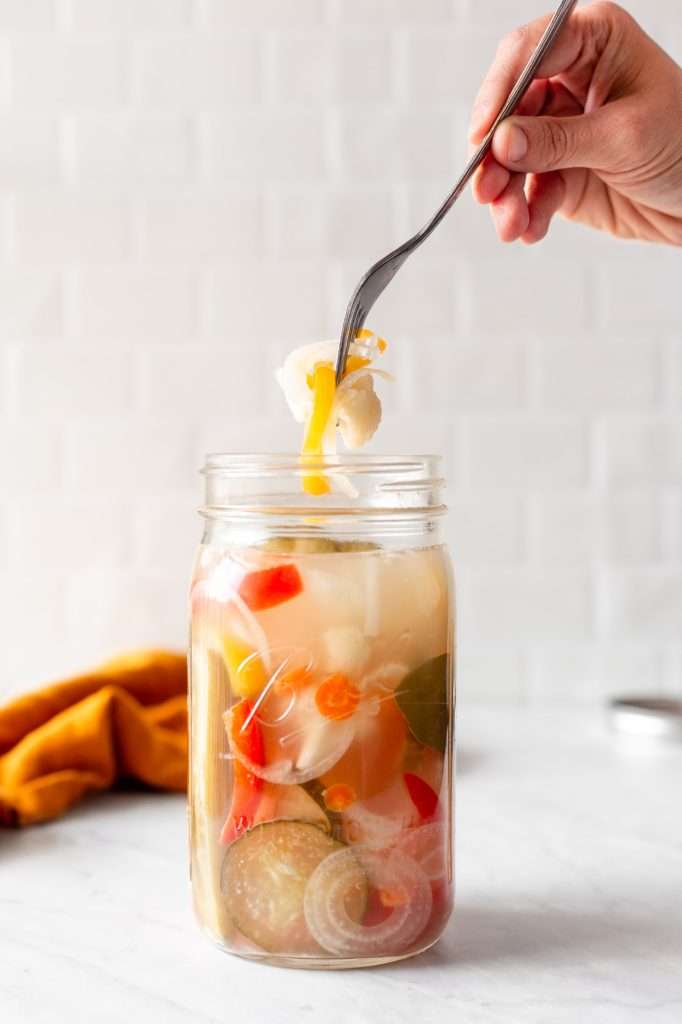
Foods to Avoid with Eczema
The main foods that can cause eczema are highly processed foods with chemical preservatives, foods with hydrogenated oils and seed oils, foods with GMO and mono-crop ingredients, CAFO-farmed meat, meat and fish fed GMO grains, and foods with artificial colors and flavors.
These are the foods that I completely cut out of my diet and still do not eat.
Vegan Diet and Eczema
The major change in my skin health came after we started Cultured Guru. About half a year into business owning, we began to eat fermented foods with breakfast, lunch, and dinner. We wanted to create recipes with fermented foods for our blog daily, so we had to start getting creative with incorporating fermented foods into almost every meal.
This and environmental concerns led me to go vegan for a while. I was fully vegan and about 75% raw vegan for a year, while Jon was mostly vegetarian. My intake of fermented foods and vitamin-rich plants increased tenfold, and my skin health improved tenfold. But the benefits didn’t last.
I was on a mostly vegan diet for a few years, eventually becoming malnourished, vitamin and mineral deficient, and unable to handle stress. My gut health declined, and my hormones were imbalanced, causing debilitating menstrual cycles.
Plant-Based Diet for Eczema
I now identify my diet as plant-based, but I eat many nourishing animal foods daily. I eat lots of grass-fed butter, milk, cheese, and yogurt. I thrive on eating sourdough daily. I enjoy wild-caught fish and regeneratively farmed meat every day.
I also love raw oysters and steamed mussels for vitamin and mineral-rich nourishment. I eat pasture-raised eggs daily for breakfast to help with vitamin D absorption. My hormones are perfectly balanced, I am perfectly nourished, and I feel the best I’ve ever felt in my life. You can read more about my plant-based dietary views here.
Can Alcohol Cause Eczema?
Yes, alcohol can cause eczema, but not directly. Excessive alcohol consumption can lead to microbiome dysbiosis and autoimmune conditions, which can cause eczema.
If you’ve been a heavy drinker in the past and have eczema, it can help to do what I call an eczema liver detox. The detox is simple, do not drink any alcohol for 30 days, drink an adrenal cocktail once daily, add magnesium and minerals to your water while being sure to drink enough and exercise three times a week.
To make an adrenal cocktail mix:
- 4 ounces organic orange juice
- 4 ounces coconut water
- a pinch of sea salt.
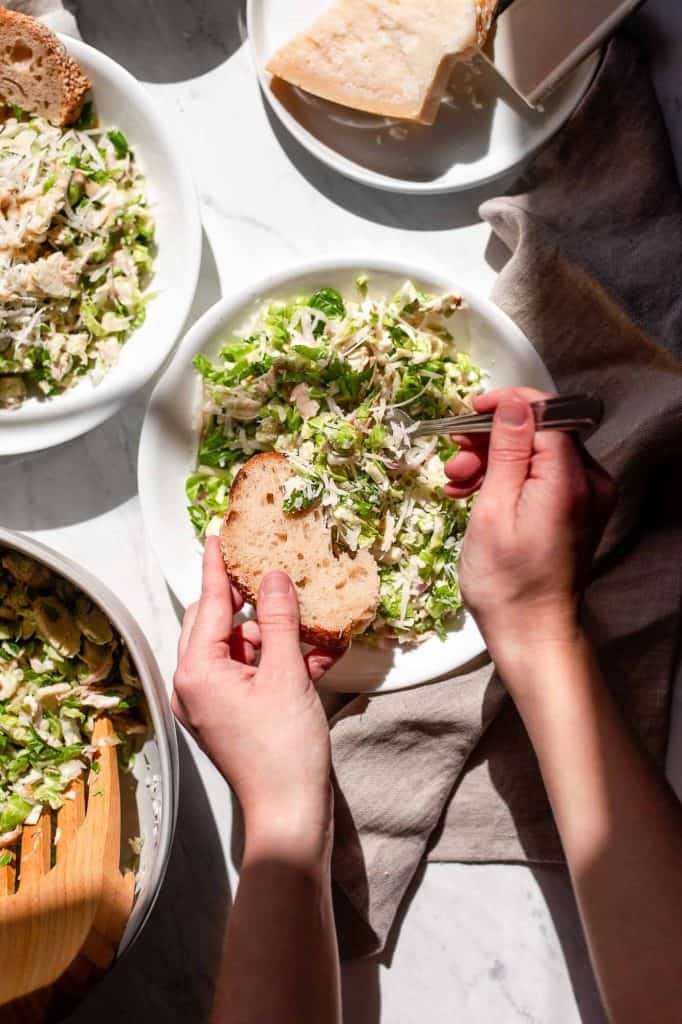
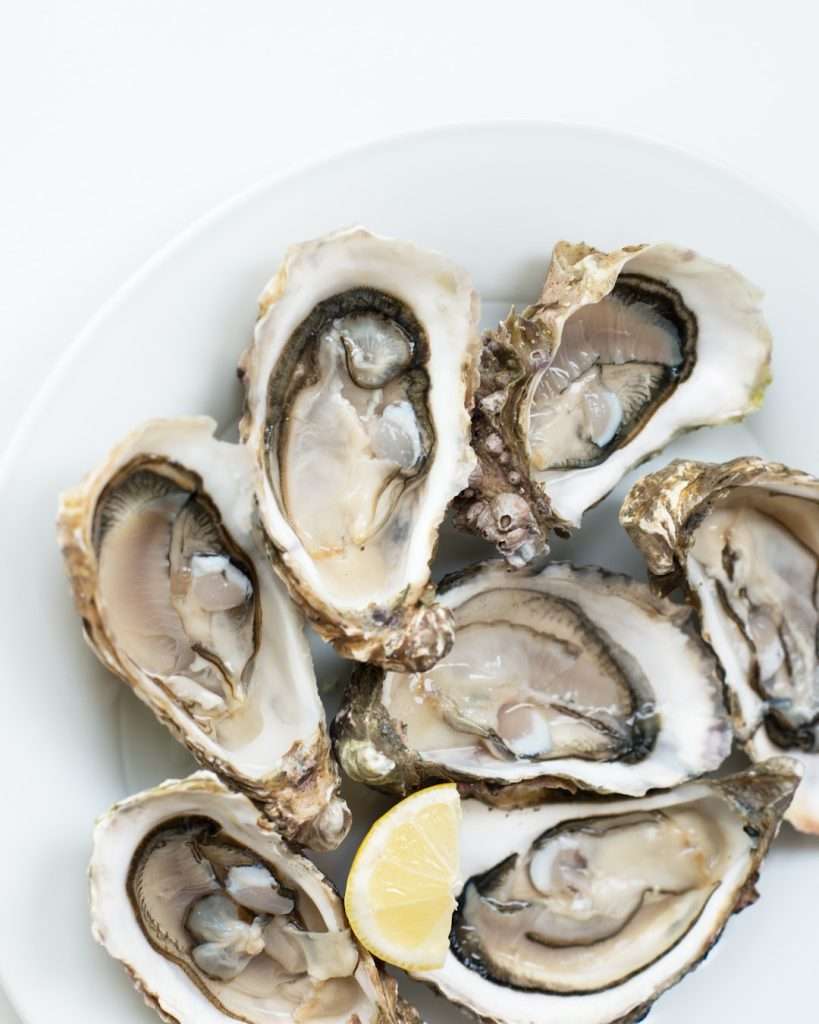
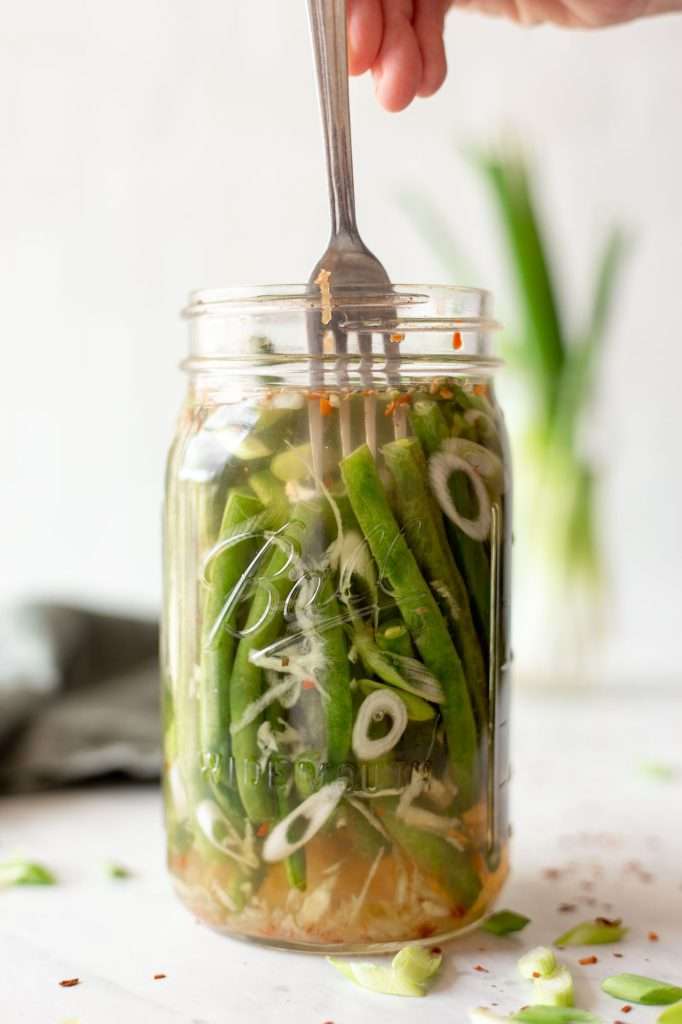
The Best Probiotics for Eczema
The best probiotics for eczema are fermented foods! Since fermented foods contain bacteria from nature that are more adapted to survive the digestive journey, they have a huge positive impact on gut health and skin health.
Eating various wild fermented vegetables and drinking kombucha or water kefir occasionally are some of the best ways to introduce a rich population of probiotic microorganisms to your body. Fermented vegetables not only contain essential vitamins and nutrients that are crucial to health, but they also contain the most natural form of probiotics.
The bacteria in naturally fermented vegetables come from nature. Specifically, they originate in the soil in which the vegetables are grown. In that soil, these microbes compete for space and their lives.
During fermentation, only bacteria that can survive in a very low pH environment, with no oxygen and some salt continue to thrive. These bacteria are natural, strong, and adapted to harsh conditions, very similar to the terrain of the human digestive tract! (Here’s some reference material on this subject). This makes fermented vegetables the best probiotic for gut health.
The human microbiome basically serves as a necessary, complex organ in and on our bodies. The functions of the microbiome govern your health on the same level as your heart, brain, and liver… and more so because the health of your microbiome influences the health of all other organ systems in the body.
The human microbiome produces many, many metabolic substances that direct a plethora of human bodily functions. Thankfully, if you have a not-so-great microbiome, it’s relatively easy to adjust the makeup of your microbiome to be healthier and more beneficial. This applies to the skin microbiome as well as the gut microbiome.
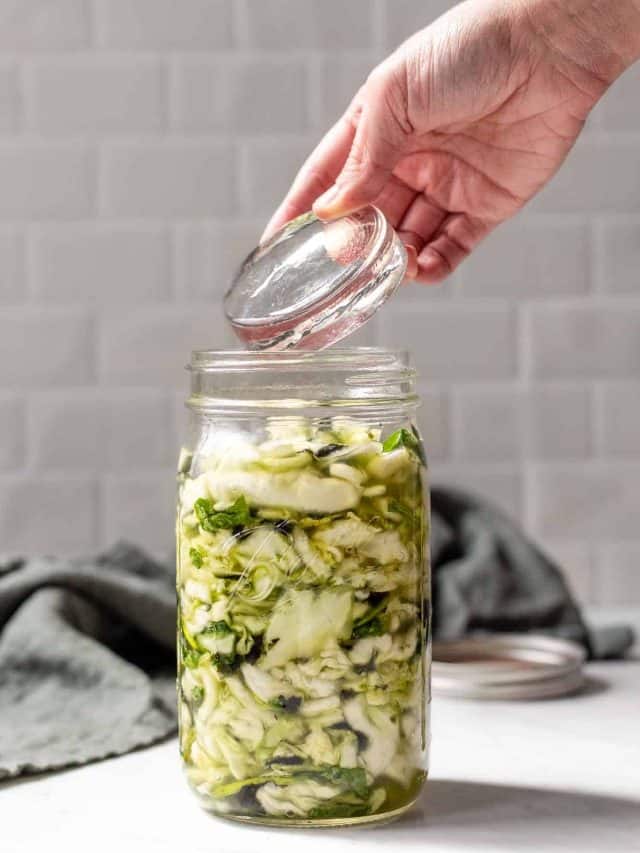
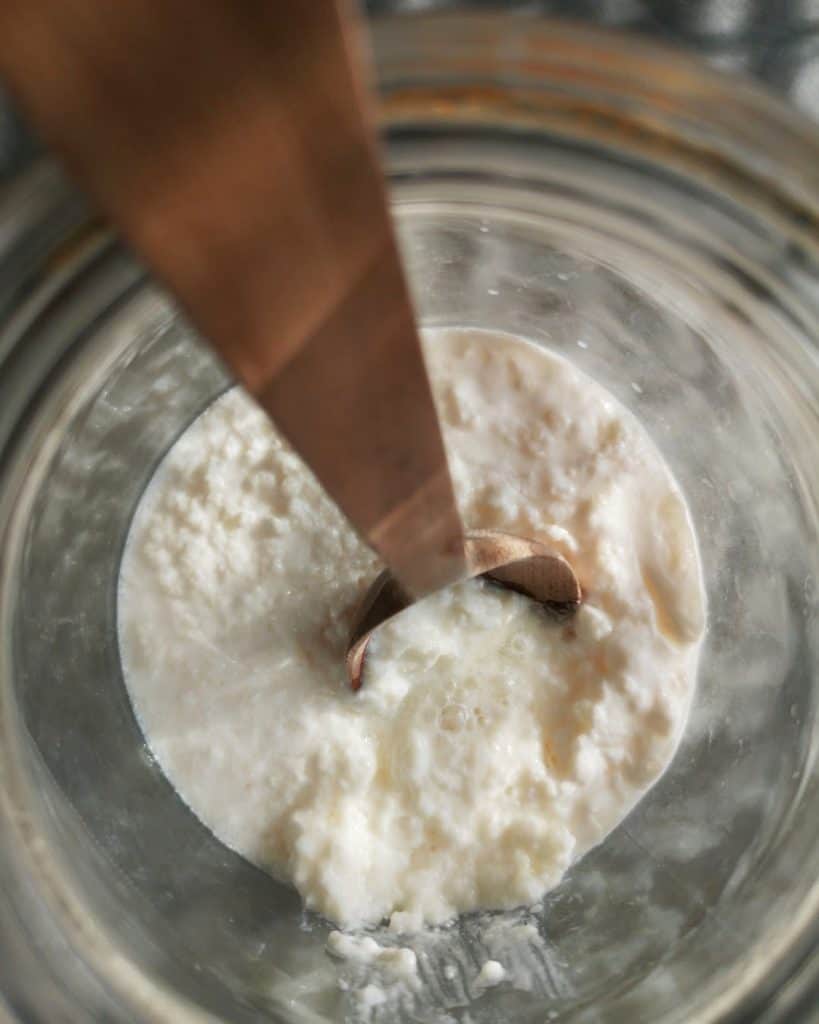

Do probiotics help eczema? Yes!
Here you can see how real food probiotics from fermented foods and a gut-healthy diet aided in healing my skin completely.
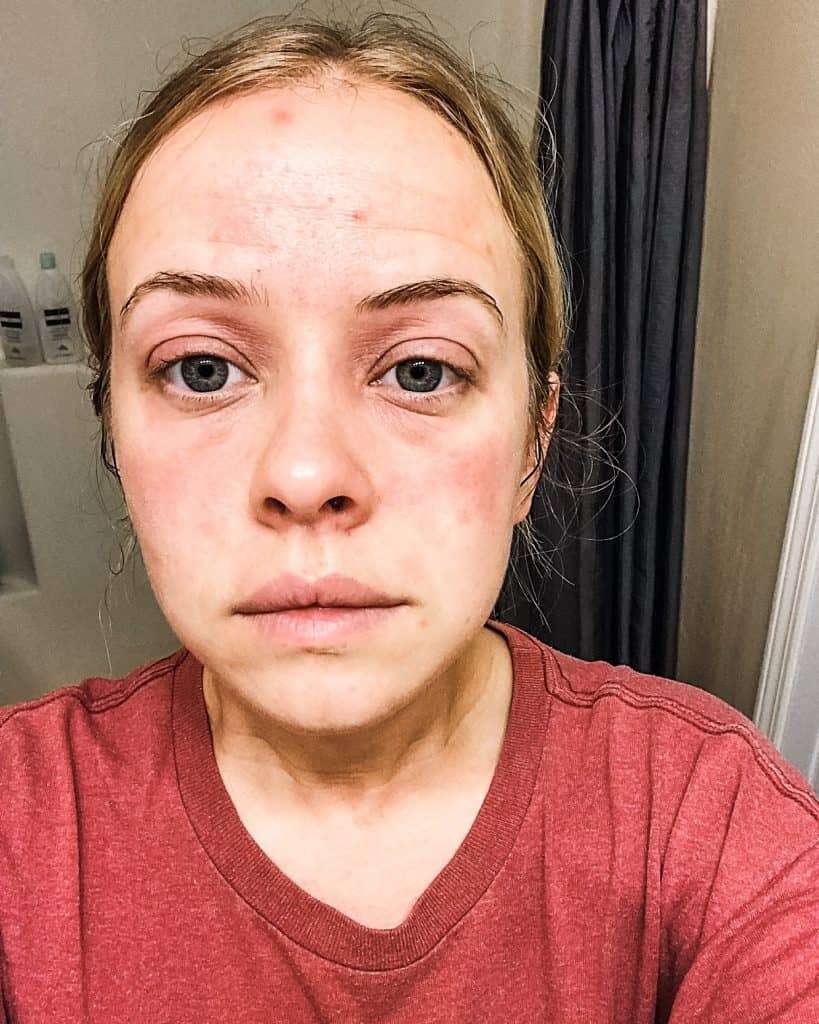

With a gut-health-focused diet, elimination of inflammatory foods, elimination of steroid cream, an all-natural skincare routine, proper daily hydration, and exercise, I am eczema free!
PLEASE READ PART ONE OF MY ECZEMA BLOG SERIES BY CLICKING HERE
Gluten and Eczema
Gluten is not inherently bad, and it does not cause eczema. Individuals with Celiac disease are the only people who need to avoid gluten completely.
If you suspect you have problems with wheat-based foods, you might have an issue digesting fructans, a hard-to-digest FODMAP in wheat. The good news is, if you do have a problem with fructans, sourdough can help! You can read about what makes sourdough easier to digest here.


7 Worst Ingredients for Eczema
The seven main foods that can cause eczema are highly processed foods with chemical preservatives, foods with hydrogenated oils and seed oils, foods with GMO and mono-crop ingredients, CAFO-farmed meat, meat and fish fed GMO grains, foods with artificial colors, and foods with artificial flavors. These are the foods that I completely cut out of my diet, and still do not eat.
Best Milk for Eczema Sufferers
The best milk for eczema sufferers is raw or non-homogenized dairy from well-cared-for cows or goats. These kinds of milk are metabolically supportive, contain many beneficial vitamins and minerals, and can help balance your gut microbiome.
We drink milk from Kalona Supernatural, and I also use their milk to make Greek yogurt and milk kefir. You can read more about my dairy and gut health views by clicking here.
I was dairy-free for a while when I tried being a vegan, but that didn’t work out for me. I’ve since reintroduced high-quality and nutritious dairy with no problems, and I feel much healthier with dairy included in my diet.
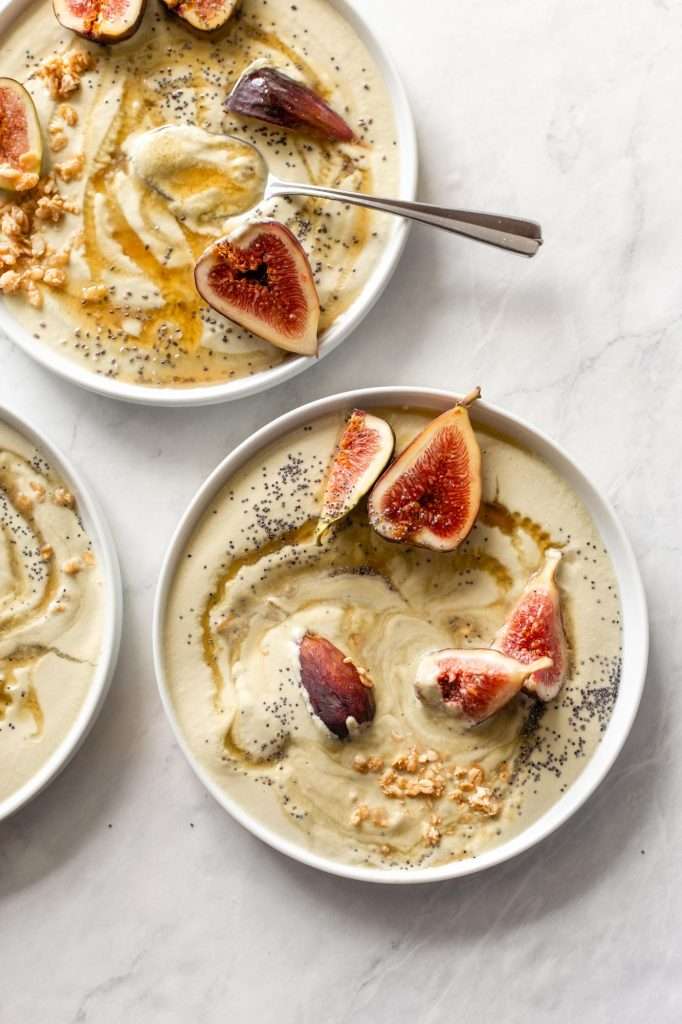
My Eczema Diet Plan Focusing on Microbiome Health
Breakfast
I eat two fried eggs with spinach, sauerkraut, and sourdough toast or a sourdough bagel daily. I usually end up eating a “second breakfast” from the following list:
- homemade Greek yogurt with blackberries and organic maple syrup
- a glass of cream top whole milk with maple syrup
- sliced pear and some raw milk Swiss cheese
- raw carrot salad and a cup of bone broth
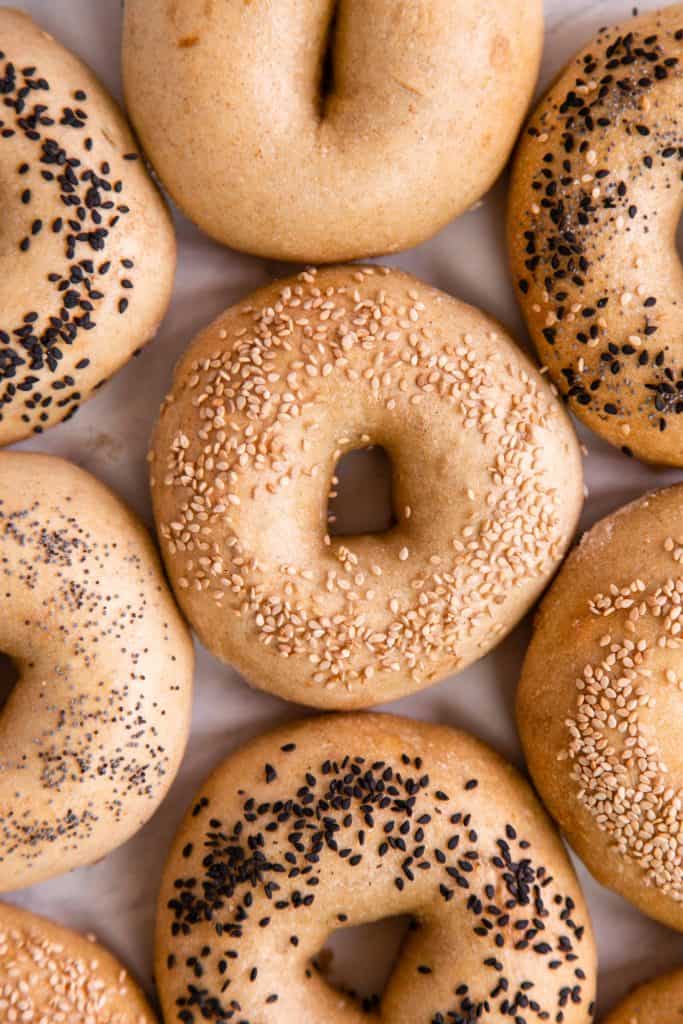
Lunch
I try to hit the gym around 10 or 11 am after breakfast three times a week, and after the gym, we eat lunch. Lunch is usually dinner leftovers from the night before and includes nutritious protein, healthy carbs, and many vegetables.
Here are a few of my favorites:
- Easy Greek Meatballs with Tzatziki Sauce Dressing
- Vegan German Sauerkraut Soup with Chickpeas and Mushrooms (Sauerkrautsuppe)
- Venison Osso Buco with Miso Braised Leeks and Mushrooms
- Honey Butter Blackened Scallops with Couscous Salad
- Summer Lemon Kale Salad with Brined Salmon

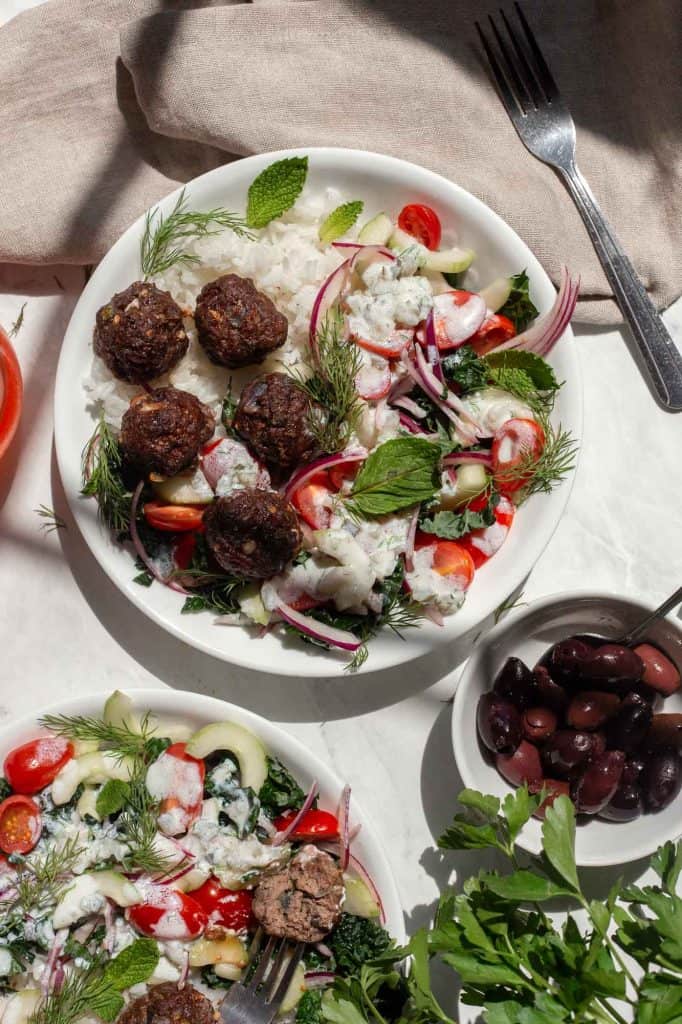
Snacks
Snacks are so important for gut health and hormone balance, thus important for skin health. Here are some of my favorite snacks:
- smoked oysters or mussels (these come in a can)
- olives and cheese
- yogurt
- bone broth
- fruit and cheese
- vegetable sushi
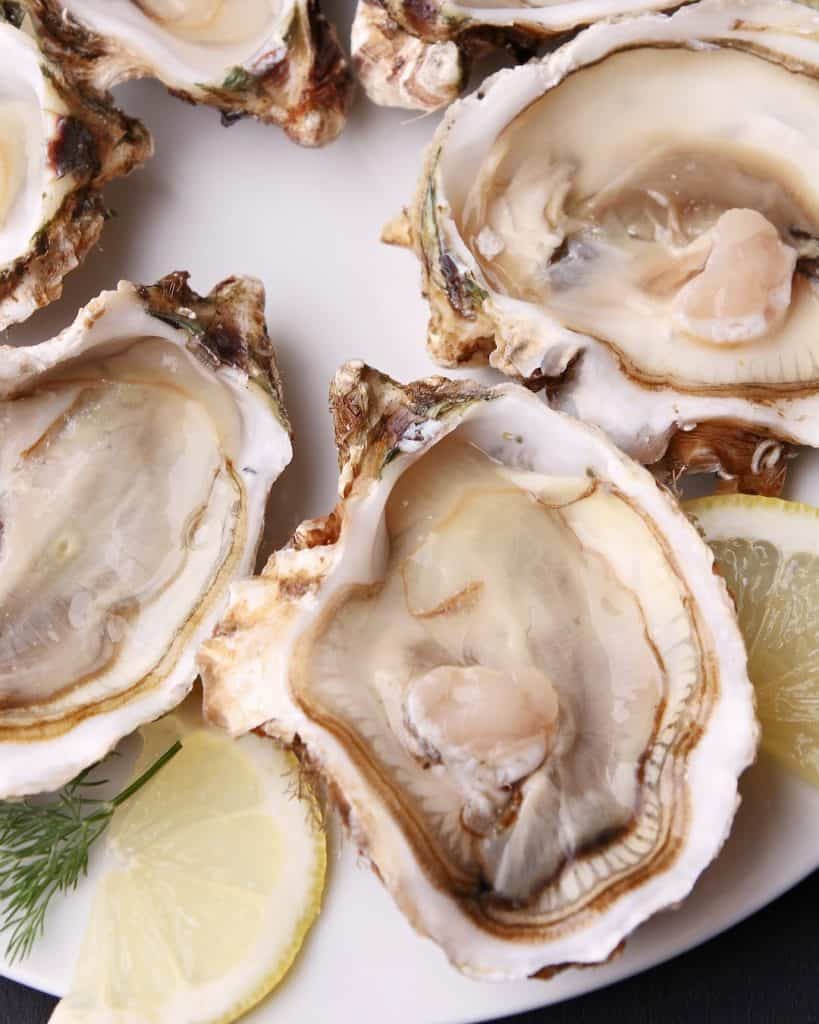

Dinner Time!
Dinner time is where it varies for Jon and I. This is when we mix it up, try new things, and eat many meals that I do not share recipes for. I often like to just cook for us, for fun, and not make work of it. If you need to label it, we eat like it is 1859. These meals usually involve:
- Regeneratively farmed meat, grass-fed steaks, rotisserie chicken or wild-caught seafood
- Roasted root vegetables or winter squash
- Fresh cucumbers, arugula, lettuce, fermented vegetables etc.
- Some sort of cheese or yogurt
- White rice or sourdough bread
- quality wine





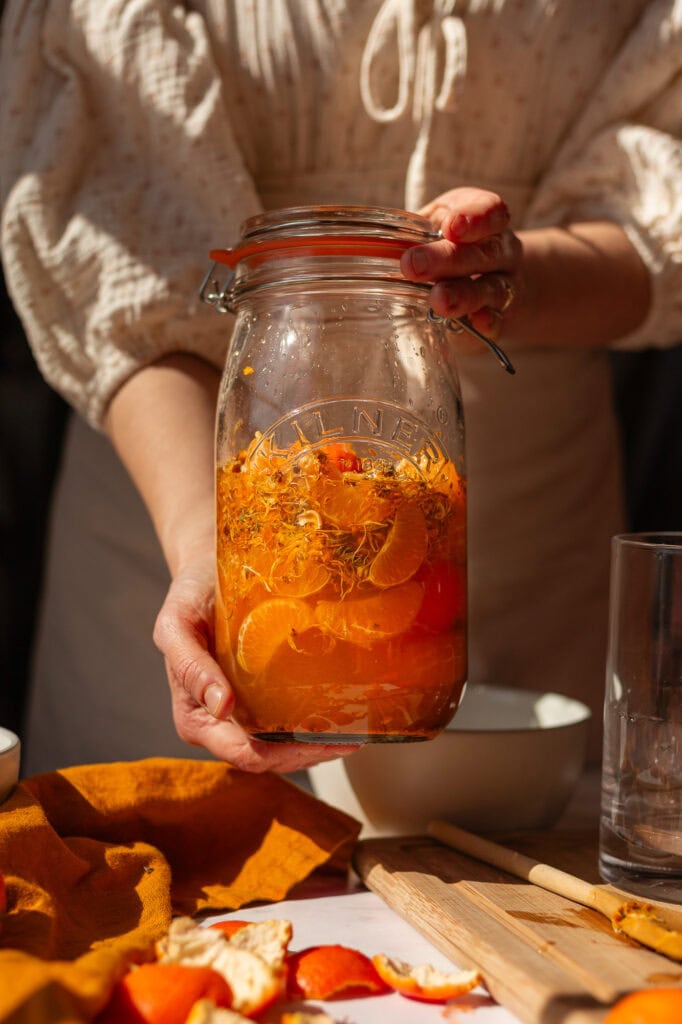
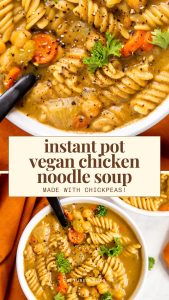

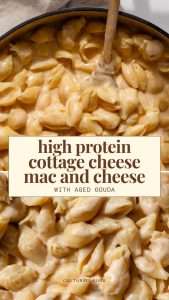


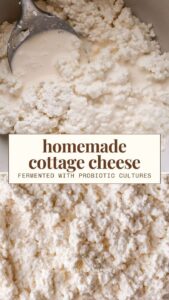
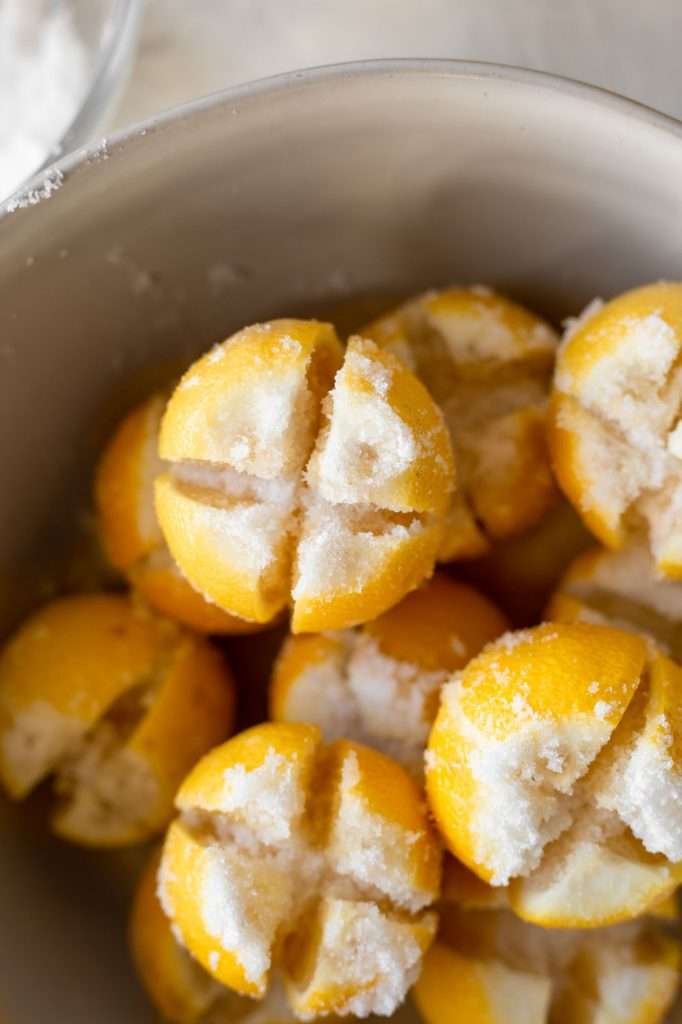
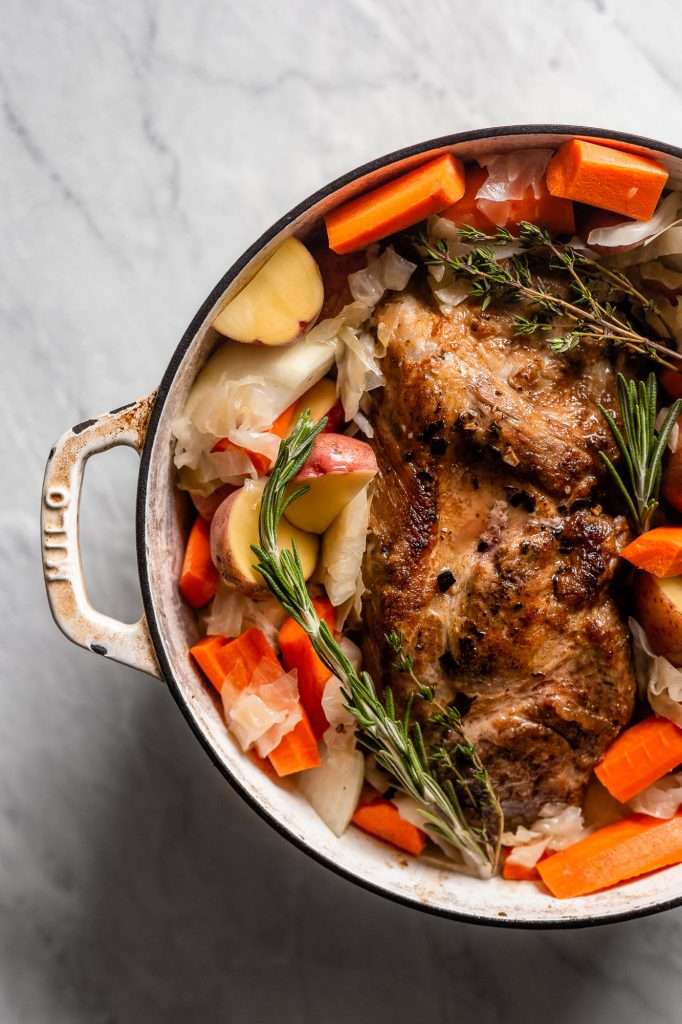
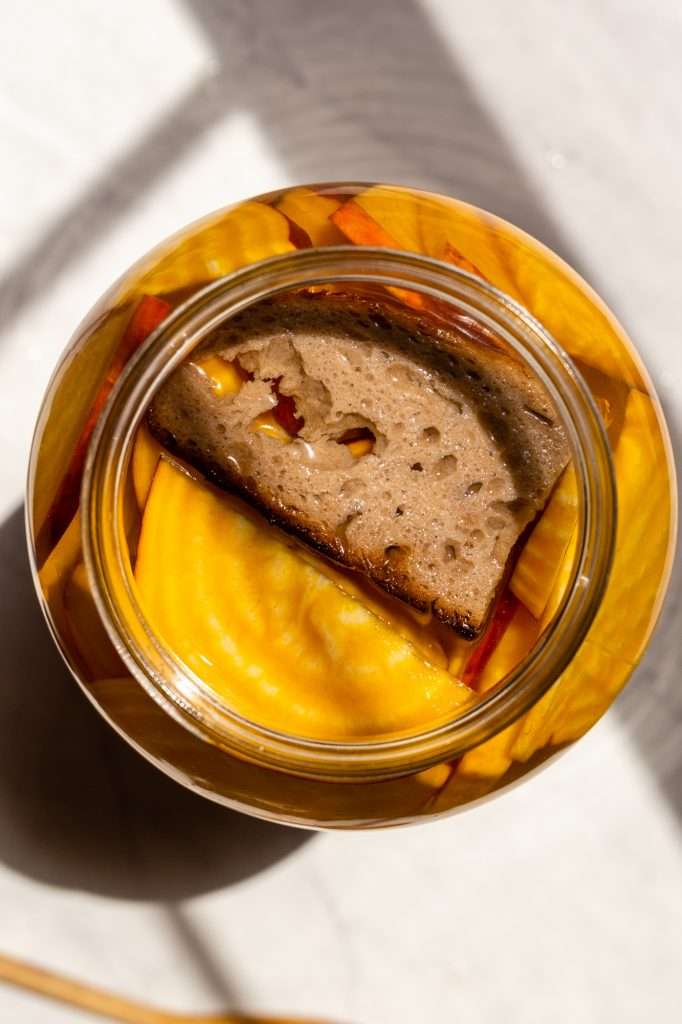




I am looking forward to part 3 and 4. ?
Part three is up on the blog! Just wanted to let you know! ?
Here is the link: https://cultured.guru/blog/how-i-cured-my-eczema-naturally-how-i-rebalanced-my-skin-microbiome-natural-skin-care-for-atopic-dermatitis
Hi! Just wondering if you still drank alcohol? I have horrible eczema and I’ve cut out beer and wine but sometimes still drink white spirits. Any insight? Very inspiring read, looking forward to other parts!
I do not drink alcohol on a regular basis. I might drink a glass of red wine at dinner parties or family functions, but that only happens maybe once every three months. This Christmas I did drink a few tequila on the rocks, and I was fine the next day! ??♀️ haha
I think moderation is key. It’s not that alcohol is forbidden, it’s just not a usual thing in my life.
What is your routine for night and morning? What creme you use ?
I never had anything on my face. Two weeks ago I bough some new products, creme, oils, serum. My diet was bad as always eating out because my sister came to visit me. Usually I cook home and eat always with products from farmer market, no meet. Now I have eczema and is not getting better. It’s scary. Honestly. I am glad I found you.
Please share your morning and night face care routine. What do you use for moisturizing your face?
My dermatologist prescribed me hydrocortisone, but it burns my face. And I don’t trust it.
Hello!
Trying too many skin care products can be rough on the skin! This eczema blog series has four parts. The third part covers my entire skin care routine and it will be up on our blog this Sunday! in the meantime, you can read over part one of my eczema journey blog series here: https://cultured.guru/blog/how-i-healed-my-eczema-curing-eczema
this first part touches on some of my skin care basics!
Hey again!
The blog all about my skin care routine is posted, just wanted to let you know!
Here’s the link: https://cultured.guru/blog/how-i-cured-my-eczema-naturally-how-i-rebalanced-my-skin-microbiome-natural-skin-care-for-atopic-dermatitis
Hello,
I’m so thankful to have found your blog. I’ve been suffering BADLY this winter with face/neck ezcema. I’ve been logging my food for the last few weeks trying to find a culprit. I do eat organic and no processed foods, but I love my coffee w heavy cream. I do allergy shots for seasonal allergies and did skin patch testing at Christmas. I’ve eliminated fragrance products, but am still having outbreaks that never seem to fully heal. I’m wondering where/how you did your food sensitivity testing? I would like to do that to make sure I’m not continuing to eat something that’s hurting me. I’m afraid of some of the companies out there w/ providing inaccurate results. Who did you use to determine your gluten/dairy allergies? Thank you!
Hey! (this might be TMI haha)
I did not do any food sensitivity testing…because its way to expensive. I just eliminated gluten and dairy to see what would happen. I was gluten and diary free for about a month and noticed my skin getting clearer, and my bowel movements were the best they could possibly be. When I tried to eat dairy and gluten again, I broke out with acne and had bloody diarrhea, so I determined that I probably should not eat it. Gluten and dairy intolerance also runs in my family and the same symptoms happen to my mom and sister when they specifically eat dairy.
Hope this helps!
Hi! Your description of your eczema sounds EXACTLY like mine. I’m following the AIP diet and considering full vegan as you have outlined. Once you added the fermented foods and got serious about doing vegan right, how long did it take for you to see improvement in your skin?
Once I changed my diet, along with my skin care routine, and exercise (read part three of my eczema blog series on skin care here: https://cultured.guru/blog/how-i-cured-my-eczema-naturally-how-i-rebalanced-my-skin-microbiome-natural-skin-care-for-atopic-dermatitis ) it took approximately 1.5 months before I started noticing a big change… and about 5 months for my skin to fully heal.
Hi 🙂
I cannot tell you how appreciative I am to have found your blog! I have only been suffering with eczema for about a year, bar when I was a baby (I am 25 years old) and it’s gotten so much worse since moving from Brisbane to Sydney and, if what you and others say is correct, since using the topical steroid.
I am currently home ‘sick’ from work because I am hungover from the strong antihistamines I had to dose myself with to sleep. The body eczema is tough but the facial eczema is unbearable.
Anyway, I’ve had tests done and it turns out I’m allergic to mould (candida, epicoccum niger and alternaria) as well as dust mites and potentially milk. The mould appears to be the main concern but it is EVERYWHERE. My environment and the yeast in food have been alerted as problematic.
I’ve started immunisation drops under the tongue. Do you have any thoughts on this?
I have started cutting out yeast, dairy, grains since Sunday (4 days ago) but it’s going to be a hard diet to follow. I was wondering if you have any thoughts/suggestions about it.
Halfway through your blog I did what I’ve been meaning to do and threw my topical steroid in the bin. I know I will live to regret it but the other regret would be worse!
I still need to move my way around your blog but I am inspired, to say the least.
Claire 🙂
Go girl! excellent article 🙂
How much of a fermented food should you eat per meal? A few tablespoons or a cup? What do you do? Thanks!!!
How much of a fermented food should you eat per meal? A few tablespoons or a cup? What do you do? Thanks!!!
I eat about 1/4 cup of our Cultured Guru Kimchi or sauerkraut per day. I’ve also been drinking one glass of our Biome Beauty Adapt in the mornings.
Thank you for this very helpful info! Can you please any probiotic and prebiotic supplements that you recommend?
Hi there! Glad you enjoyed the blog. I don’t recommend any supplements (I also cannot give you individualized advice), I only ate fermented foods.
Hi there, Lots of info out there and have done extensive reading on histamine levels in body and foods to avoid. All say that fermented foods are high in histamines and should be avoided. Thoughts on this?
Are Fermented Foods High in Histamine? Sauerkraut Histamine Levels Explained
Hello Kaytleen,
My eyes opened wide when I read you were fully vegan and then started consuming dairy again. I thought it could not be done due to having cut dairy for a while (causing lactose intolerant). How did you reintroduced dairy successfully? What did you start with???!
Everybody is different. I started with hard aged cheeses, mainly gouda, cheddar and Parmesan. Then I added in yogurt and kefir. Then I tried milk and it went great.